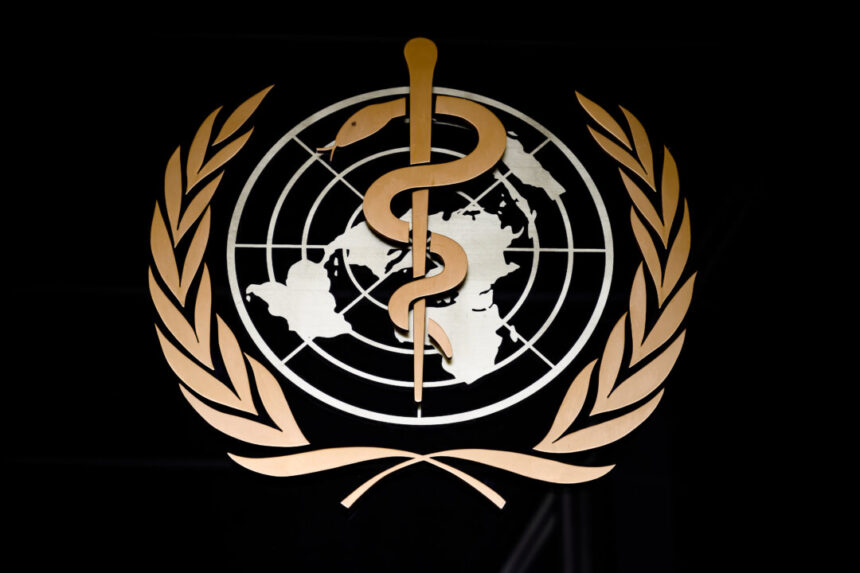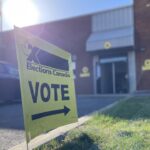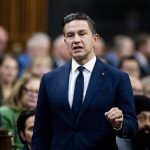Explainer
Following three years of negotiations, the World Health Organization (WHO) has formally adopted a legally binding agreement aiming to improve member countries’ pandemic preparedness and response.
The Pandemic Agreement requires Canada to carry out actions like strengthening disease surveillance, improving its health-care system and supply chain for pandemic-related health products, and ensuring drug manufacturers set aside vaccines and therapeutics for developing countries.
The treaty does not give the WHO the power to direct Canada to carry out measures like travel bans, lockdowns, or vaccine mandates. The agreement also allows for Canada to back out of it two years after it officially comes into force.
The treaty was adopted on May 20, with 124 countries voting in favour, including Canada. No countries formally objected to the pandemic treaty, but 11 countries abstained from voting.
Some of the countries that abstained from the vote, like the United States and Slovakia, have publicly criticized the pact. U.S. Health Secretary Robert F. Kennedy Jr. issued a statement on the day the pandemic treaty was adopted, saying the United States would not participate in the pact because the WHO “has not even come to terms with its failures during COVID, let alone made significant reforms,” and that the agreement “will lock in all of the dysfunctions of the WHO pandemic response.”
The United States had also gone a step further to disengage from the WHO, starting the process to formally leave the organization shortly after U.S. President Donald Trump returned to the White House in January.
The pandemic pact will not officially enter into force until a system on sharing pathogenic information is completed, after which 60 countries must ratify the agreement for it to come into force.
Requirements
The pandemic treaty builds on the International Health Regulations that were adopted in 2005, which created a legal framework that defined countries’ rights and obligations in handling public health events and emergencies.
The new treaty calls for countries to adopt a “One Health Approach,” which involves recognizing that human health is “closely linked and interdependent” with the health of the wider environment and ecosystems. It calls for a multi-sectoral approach to preventing and responding to pandemics while contributing to sustainable development.
By signing the agreement, Canada agrees to strengthen its pandemic surveillance and develop a national plan that coordinates sectors such as health, agriculture, and the environment to detect infectious diseases.
Canada also agrees to strengthen and maintain a “resilient” health-care system, reinforce its supply chains for pandemic-related health products, improve national health information systems in accordance with its laws, and provide “decent work and a safe and healthy environment” for essential workers during pandemics.
The agreement also requires Canada to strengthen public health literacy and provide timely and accurate information around pandemics and public safety. It calls for the country to use regulatory measures to respond to “substandard and falsified pandemic-related health products” during pandemics.
The pandemic treaty also requires drug manufacturers to sign legally binding contracts with the WHO to allocate up to 20 percent of their vaccines, therapeutics, and tests to the organization during a pandemic, which would then be distributed to developing countries. The agreement says each country should avoid maintaining stockpiles of pandemic-related health products that “unnecessarily exceed the quantities anticipated to be needed” for their own purposes.
The pandemic agreement also establishes a “Conference of the Parties” that will examine how the agreement is being implemented and review its functioning every five years. All countries will periodically report to this governing body on how it is implementing the Pandemic Agreement, and it may, in response, adopt measures to help the countries meet their obligations.
The Issue of Authority
The Pandemic Agreement notes that it does not give WHO the authority to control or dictate how the countries carry out their laws. It also does not allow it to “impose any requirements that parties take specific actions,” such as banning travellers, implementing lockdowns, or imposing vaccine mandates.
While the agreement states that all the countries agree on the need to refrain from taking actions that adversely affect their preparedness and response to pandemics, it states that the countries have the right to “implement health measures in accordance with their relevant national law and obligations under international law.”
The agreement states that two years after entering into the Pandemic Agreement, any country may withdraw from it by giving written notice to the organization.
While the WHO was at the forefront of the global response to COVID-19, its authority in a future pandemic could be weakened after the United States began the 12-month process of withdrawing from the organization in 2025. In 2023, the United States provided the WHO with $1.28 billion in funding, or around 12 percent of its budget.
The Canadian government has been supportive of the Pandemic Agreement from the beginning of the process. Canada was one of the WHO member states that agreed in December 2021 to launch an intergovernmental negotiating body to develop the agreement.
Reactions in Canada
There has been some opposition to the pandemic treaty in Canada, mainly coming from Conservative MP Leslyn Lewis.
When she was running for leadership of the Conservative Party in 2022, Lewis wrote that the treaty should be “concerning” to Canadians, as it may give the WHO the legal force to direct Canada’s pandemic response and mandate measures like lockdowns and vaccine mandates.
“Canada must be careful to not sign anything that could give away our sovereignty on health care, even if there is tremendous international pressure to do so for the sake of pandemic preparedness,” Lewis wrote. She also sponsored a petition asking for the government to allow Parliament to examine and debate the details of the treaty.
The Public Health Agency of Canada has said it supports the development of the pact to improve global cooperation, strengthen collective action, and address any gaps in the pandemic prevention and response process. “A pandemic agreement can help nations avoid and reduce the devastating health, social and economic consequences of a potential future pandemic,” the organization says.
The federal government has said it has engaged with various sectors to ensure the agreement reflects Canadian priorities, noting it has consulted with the private sector, academic experts, indigenous organizations, and provincial and territorial governments.












